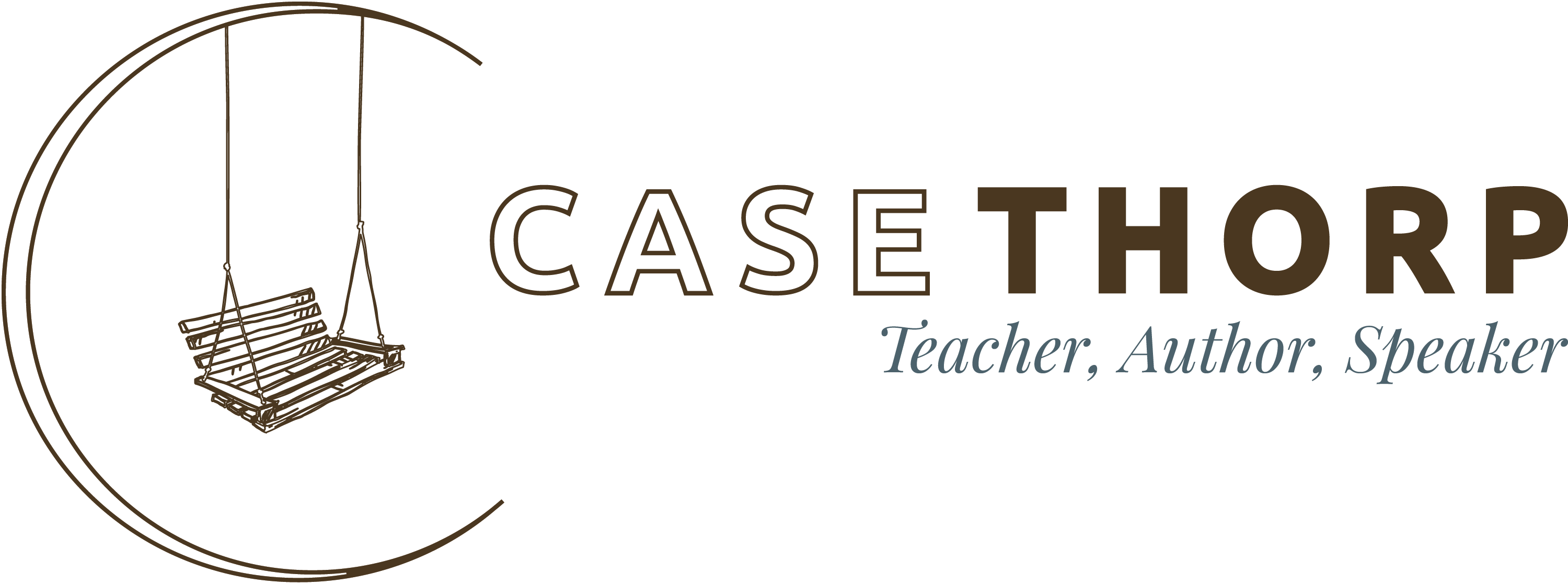Last night John Huntsman delivered his victory/concession speech (which was it?) for his third place finish in the New Hampshire Republican primary. One of his main points concerned the decrease of trust the American public has for its major institutions. He said,
“The people of the greatest nation that ever was, the United State of America, no longer trust their institutions of power, and no longer trust their elected officials. And I say how did we get to this spot? …We are going to address the trust deficit.”
Newt Gingrich, in Saturday’s ABC Republican Primary, echoes the same trust deficit with the media as he stopped debate to make a point. In the midst of a series of questions over contraception and gay marriage, Gingrich says:
“I just want to raise, since we just spent this much time on these issues, I just want to raise a point about the news media bias. You don’t hear the opposite question asked. Should the Catholic Church be forced to close its adoption services in Massachusetts because it won’t accept gay couples? Which is exactly what the state has done.”
He continued:
“Should the Catholic Church be driven out of providing charitable services in the District of Columbia because it won’t give in to secular bigotry? Should the Catholic Church find itself discriminated against by the Obama administration in a key delivery of services because of the bias and the bigotry of the administration? The bigotry question goes both ways, and there’s a lot more anti-Christian bigotry today than there is concerning the other side, and none of it gets covered by the liberal media.”
Newt Gingrich strikes a chord in the minds and hearts of many Evangelicals as their trust in the media has waned over the years. This line of questioning by journalists to conservative candidates occurs more than not. Rarely is a similar approach directed towards progressive candidates. Could you ever imagine George Stephanopoulos asking President Obama, “How has the religious bigotry of your administration discriminated against the Catholic Church by defunding one of the major delivery vehicles of social services in this country?” Hence, a quarter of the American population has a decreasing regard for the fourth branch of government, and Gingrich wisely leverages this.
In a search for trustworthiness, Gallup releases Integrity Rankings each year. The top three professions that engender trust are nurses, pharmacists, and doctors. Clergy barely rank in the top third with funeral directors and accountants (funeral directors not so trustworthy? I guess it’s the cost of a funeral…), while the bottom of the barrel is populated by lobbyists, car salesmen and politicians. Journalist were in the middle, below building contractors, but above bankers.
Certainly this trust deficit exists with various professions and societal institutions, and certainly politicians prey upon it to show themselves to be the trustworthy answer. This election cycle is particularly bloated with the many institutions deserving our mistrust. From Wall Street to Congress, from the media to religious leaders, many brokers of power are suffering due to their actual corrupt behavior, and due to perceptions advanced by opponents of those groups. The Tea Party and Occupy movements are ironically united by their distrust.
James Madison said, “The truth is that all men having power ought to be mistrusted.” And likewise he helped craft a system of government that managed and accounted for that mistrust for power with the hopes that trust would rest with the people for the overall system. Yet, I worry that if the system itself is unable to engender trust over the long term, and the inability to solve major problems persists, our social fabric will begin to fray.
How does trust increase? Track record, congruency, and lacking self-interest are good places to start. And that candidate would be…one we each individually decide.
